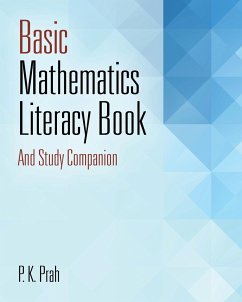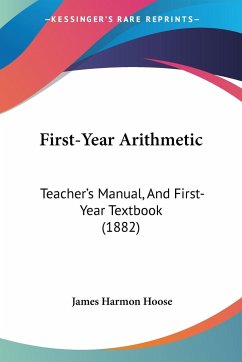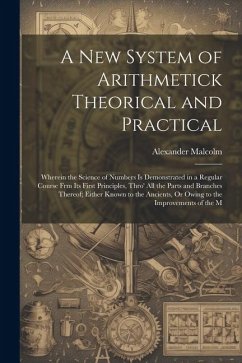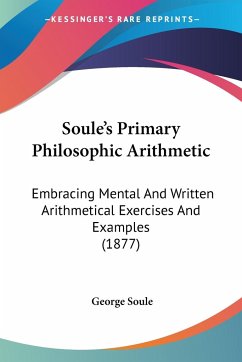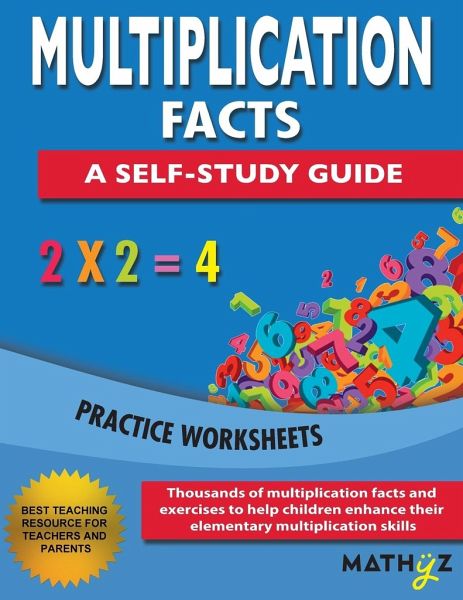
Multiplication Facts - A Self-Study Guide
Practice Worksheets
Versandkostenfrei!
Versandfertig in 1-2 Wochen
12,99 €
inkl. MwSt.

PAYBACK Punkte
6 °P sammeln!
Gift your child endlessly rewarding skills they can cherish lifelong. This book has more than 3100 multiplication facts for daily practice by students. Each page has 2 different sets consisting of 21 problems each. It is recommended for students to attempt 1 set daily for consistent practice. Book starts and ends with times table charts for easy reference followed by some quick multiplication facts. Once students start gaining confidence in individual facts, they can attempt mixed facts. Book can be used to track practice time for each set. Date and time can be recorded at top of each page. An...
Gift your child endlessly rewarding skills they can cherish lifelong. This book has more than 3100 multiplication facts for daily practice by students. Each page has 2 different sets consisting of 21 problems each. It is recommended for students to attempt 1 set daily for consistent practice. Book starts and ends with times table charts for easy reference followed by some quick multiplication facts. Once students start gaining confidence in individual facts, they can attempt mixed facts. Book can be used to track practice time for each set. Date and time can be recorded at top of each page. Answer to each problem is given at the end of the book. Knowing multiplication facts is helpful not only in academics; we frequently use multiplication in our daily lives too. Just like learning to walk before you can run, learning multiplication and familiarizing yourself with numbers are building blocks for other math topics taught in school - such as division, long multiplication, fractions and algebra. Mastering the basic math facts develops automaticity in kids. Automaticity is the ability to do things without occupying the mind with the low level details that are required; this is usually the result of consistent learning, repetition, and practice. For instance, an experienced cyclist does not have to concentrate on turning the pedals, balancing, and holding on to the handlebars. Instead, those processes are automatic and the cyclist can concentrate on watching the road, the traffic, and other surroundings. Until students have developed sufficient sensory-cognitive tools supporting access to symbolic memory, they will not be able to image, store or retrieve all of the basic facts with automaticity. Therefore, students need a comprehensive, developmental, and multi-sensory structured system for developing automaticity with the facts.



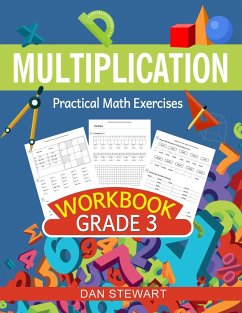
![Rapid Figuring [microform]: Including Over Seventy Short Cuts and Other Useful Facts Cover Rapid Figuring [microform]: Including Over Seventy Short Cuts and Other Useful Facts](https://bilder.buecher.de/produkte/65/65596/65596580n.jpg)
